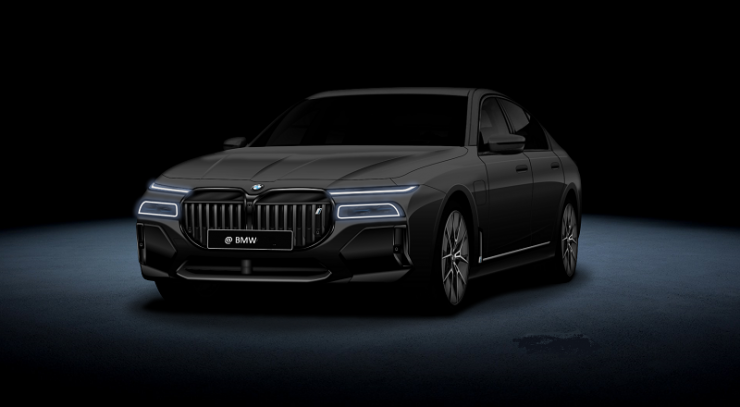GERMANY automotive manufacturer BMW has officially shared an image of an electric vehicle that they call the world’s first fully electric premium sedan, namely the BMW i7 2023 which has just been tested in Arjeplog, Sweden, with various stickers for disguise.
This statement that is so confident makes BMW believe in the ability of this fully electric vehicle to become a challenger to the Mercedes-Benz EQS which has been sold after its premiere in April 2021. Even so, many think that the EQS is not a sedan because it can be seen from its rear hatch. .
In addition to the Mercedes-Benz EQS which is predicted to be the challenger, the Audi s-tron GT and Lucid Air are also sedan-based electric vehicles. However, again BMW justifies that they are sedans that are under 5-meters in length which makes them closer to the trio of Mercedes-Benz EQE, Audi A6 e-tron or the smaller BMW i5.
Quoted from CarsCoops, Thursday, BMW may be right about the i7 as “the world’s first all-electric luxury sedan”, just as Mercedes-Benz was when they said their EQS was “the first electric vehicle in a luxury class”.
Going back to the prototype, we’ve seen it a few times, so nothing surprising. The black camouflage with the white pattern cannot hide the proportions of the traditional three squares with its long bonnet and wide wheelbase – features that the next BMW 7 Series will have.
In this case, the detailed design can be seen from the lower headlights with a large grille. The bumper of the car looks set to have slim side intakes while the clamshell bonnet and profile are more sculpted than the current 7 Series while retaining signature elements such as the Hoffmeister kinks in the C pillar.
In this regard, BMW has spent a lot of time testing on snowy roads from the BMW Group’s winter test center in Arjeplog, Sweden which is only a few kilometers away from the Arctic Circle.
There, engineers test drive, suspension, steering and braking systems, as well as driving dynamics and vehicle stability. In BMW’s signature flavor, the goal is “to improve the balance between sportiness and driving comfort”.
Of course, each powertrain variant of the 7-Series/i7 will feature a different setup. The i7 will use the fifth-generation BMW Drive technology that debuted on the iX.
In this case, the company did not disclose the specifications of the electric powertrain or high-voltage battery, other than a combined WLTP energy consumption of 22.5-19.5 kWh/100 km based on current estimates.
In comparison, the Mercedes-Benz EQS 450+ has a lower energy consumption of 19.8–15.8 kWh/100 km but also appears to have a more aerodynamic build. The Bavarian company confirmed that their electric flagship will launch sometime in 2022. [antaranews/photo special]
















